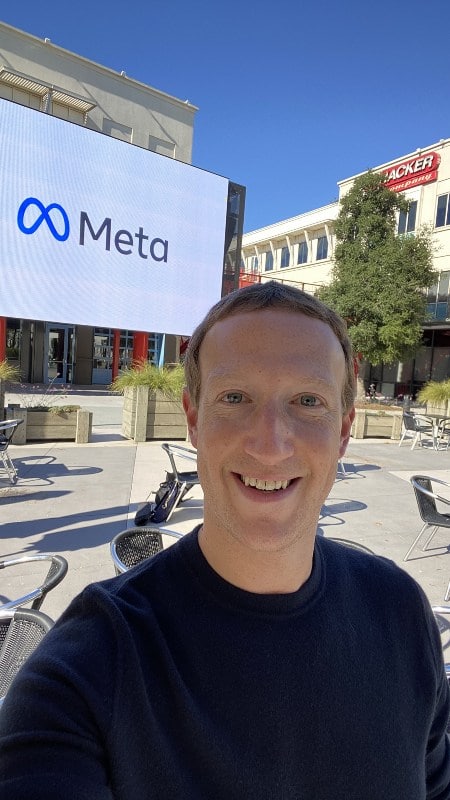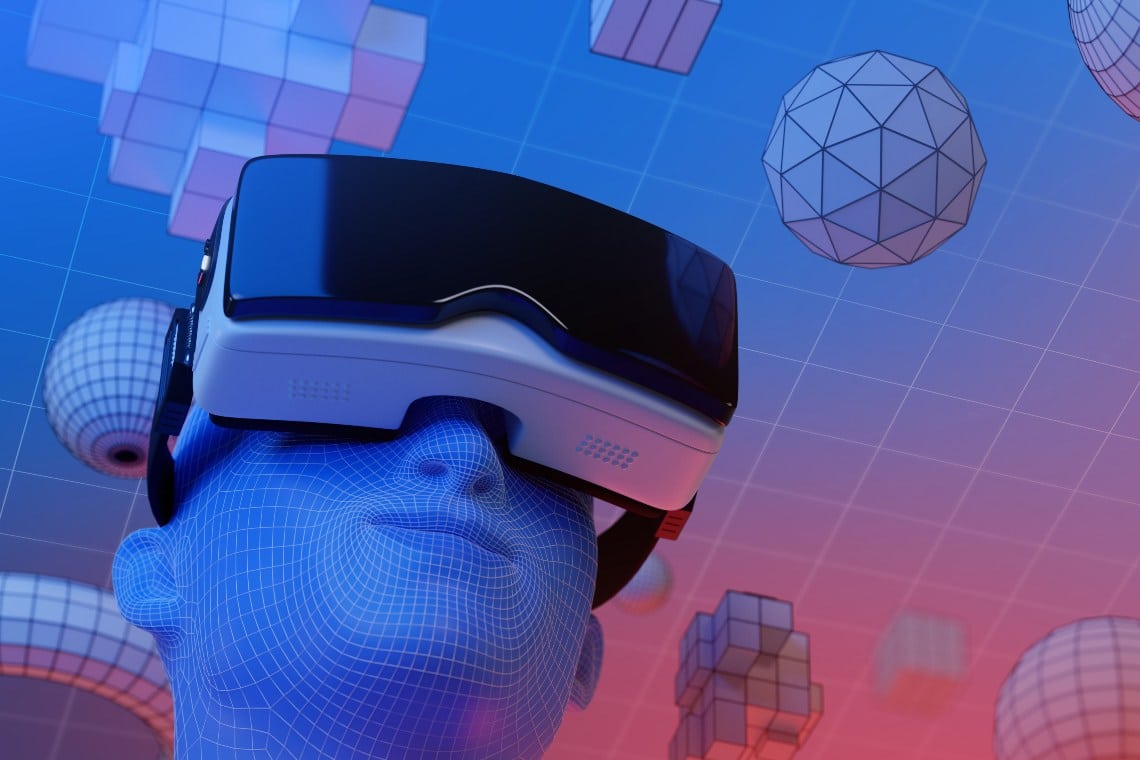Although the Metaverse is still often discussed as a future, or futuristic, innovation, in reality, Metaverse has been around for some time and is enjoying some success.
Cases of Metaverse that are already a reality
For now, these are niche initiatives not known to the general public, but they are already existing and working.
The best-known cases are probably those of Decentraland and The Sandbox, where, for example, land purchases in the virtual real estate market are already an established reality. But they are already moving to the next step, which is the superimposition of augmented reality (AR) on the surface of the Earth.
In fact, it is already possible on some metaverses to buy the ability to create AR effects placed in certain physical locations, thanks to special Apps that show these effects to those who go to those places.
While metaverses are already a reality, their current state is still decidedly pioneering, with many innovations and evolutions that could come in the future. One of these could be the development of a proper regulatory framework that governs the virtual rights of their frequenters.

Groping on Meta
A curious case that emerged in this sense these days is that of a “groping” that occurred on the testing platform of Meta, the company formerly known as Facebook.
In fact, according to an internal report, last November 26th, one of the platform’s first users was the victim of an episode of sexual harassment while she was testing the first version of the new Metaverse, called Horizon Worlds.
The user would have been approached by another avatar who would have started to “touch” her virtually, incited by other users. Episodes like this already indicate the need to normalize or regulate behaviors within the Metaverse.
Meta’s troubles
Meta itself has recently been crowned as the worst company of 2021.
According to a survey by Yahoo Finance, it would have been the worst company of the year, mainly because of the scandal raised by the statements of former employee Frances Haugen about the alleged lack of ethics in handling fake news and the effects on children of Facebook and Instagram.
The Quirinale as metaverse
On the other hand, however, even physical places of great importance, such as the Quirinale in Italy, are becoming virtual.
What was for centuries the official residence of the Popes, and then became the official residence of the Kings of Italy and the Presidents of the Italian Republic, can now be visited virtually thanks to a project by Google Arts&Culture. 100km of routes and 1,000 photos to enjoy the splendor of one of the most beautiful ancient buildings in the world.
Everything suggests that it is now only a matter of time before the Metaverse becomes part of everyone’s lives, or almost.

